Karachi Water and Sewerage Services Improvement Project (KWSSIP) and the National Rural Support Programme (NRSP) have established a pioneering WASH (Water, Sanitation, and Hygiene) committee in Essa Nagri, comprised entirely of transgender individuals.

Karachi: In a ground-breaking move towards gender inclusion and equality, the Karachi Water and Sewerage Services Improvement Project (KWSSIP) and the National Rural Support Programme (NRSP) have established a pioneering WASH (Water, Sanitation, and Hygiene) committee in Essa Nagri, comprised entirely of transgender individuals. This initiative, part of the “Strengthening of Katchi Abadi Cell and Engagement of Community-Based Organizations (CBOs)” project, represents a critical step in enhancing community participation and addressing WASH challenges in marginalized areas.
Essa Nagri, a densely populated area in Karachi, has long faced challenges related to water, sanitation, and hygiene. Recognizing the unique struggles and marginalization of the transgender population in this area, KWSSIP and NRSP have formed a dedicated WASH committee of transgender individuals to address not only the infrastructural issues but also the social stigmas and inequalities that have historically hindered this community.
Transgender Community’s Struggles
Transgender individuals in Karachi and across Pakistan have long been marginalized and excluded from community-based social development and decision-making processes. Often facing severe social stigmatization and discrimination, they are deprived of their basic rights and opportunities. This exclusion perpetuates their disempowerment and keeps their voices unheard in initiatives that directly impact their lives. By not being included in previous initiatives and decisions, the transgender community has been denied the chance to advocate for their needs and contribute to societal progress.
Key Roles and Responsibilities of the WASH Committee:
Effective Issue Resolution: The committee will address water, sanitation, and hygiene-related challenges, ensuring that these critical needs are met in a timely and efficient manner.
Community Mobilization: Leveraging their unique position within the community, the transgender committee members will mobilize residents, raise awareness about hygiene practices, and advocate for sustainable solutions.
Coordination and Advocacy: The committee will work closely with local authorities, NGOs, and other stakeholders to ensure that the voices of the transgender community are heard and their needs are met. Their involvement in coordination efforts will help bridge gaps between the community and service providers.
This initiative is more than just a step towards improving WASH conditions in Essa Nagri. It is a bold statement about the importance of gender inclusion and equality in all aspects of community development,” said KWSSIP-NRSP’s Social Mobilizer Qandeel Alam. “By empowering transgender individuals to take on leadership roles within the WASH committee, we are fostering an environment of respect, dignity, and equality.”
The inclusion of transgender individuals in such a vital community role challenges societal norms and sets a precedent for future projects. It demonstrates that meaningful change is possible when diversity and inclusivity are embraced in interventions.
As KWSSIP and NRSP continue to support the Essa Nagri WASH committee, they remain committed to monitoring its progress and providing the necessary resources and training to ensure its success. This milestone is a testament to the project’s dedication to fostering an inclusive environment where every individual, regardless of gender, can contribute to and benefit from community initiatives.

Maternity homes sealed after 20 newborns died in Pakpattan
- 16 minutes ago
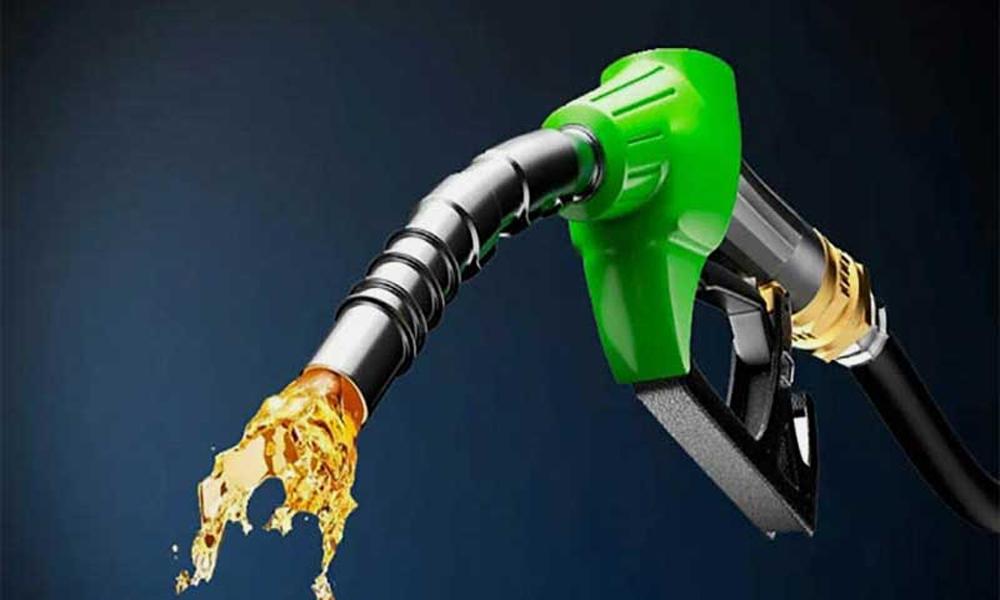
Govt surges prices of petroleum products
- 6 hours ago
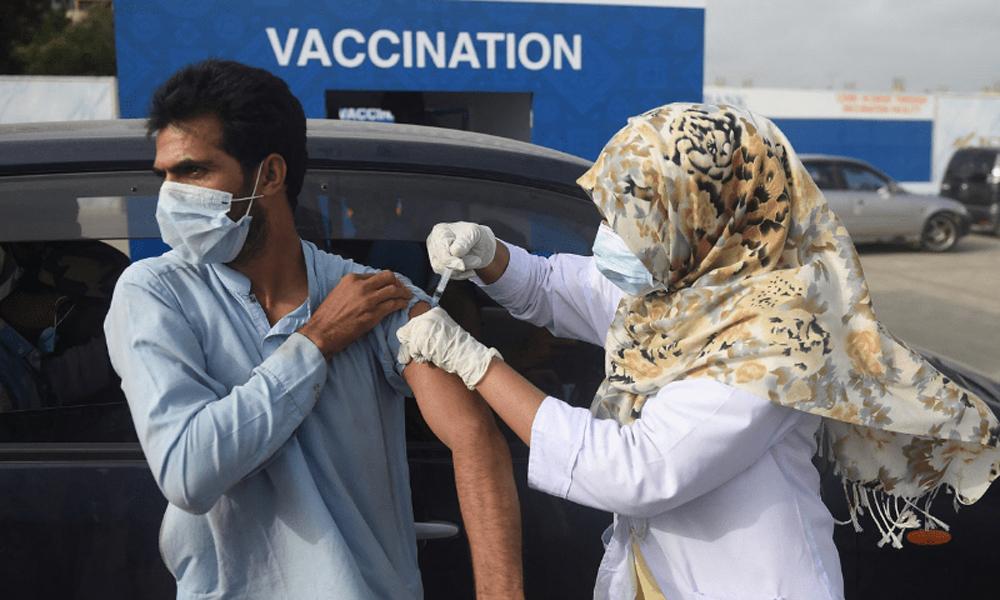
Doctors temporarily recruited during Corona in Sindh fired
- 4 hours ago

Iranian hackers threaten to leak emails of Trump's close aides
- 2 hours ago
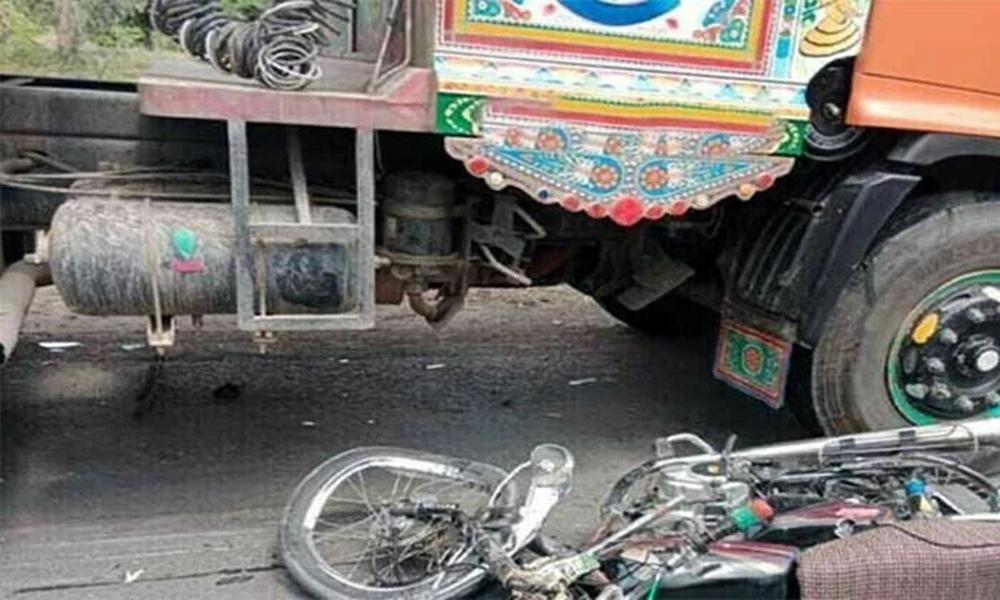
Motorcyclist dies after being hit by water tanker in Karachi
- 2 hours ago
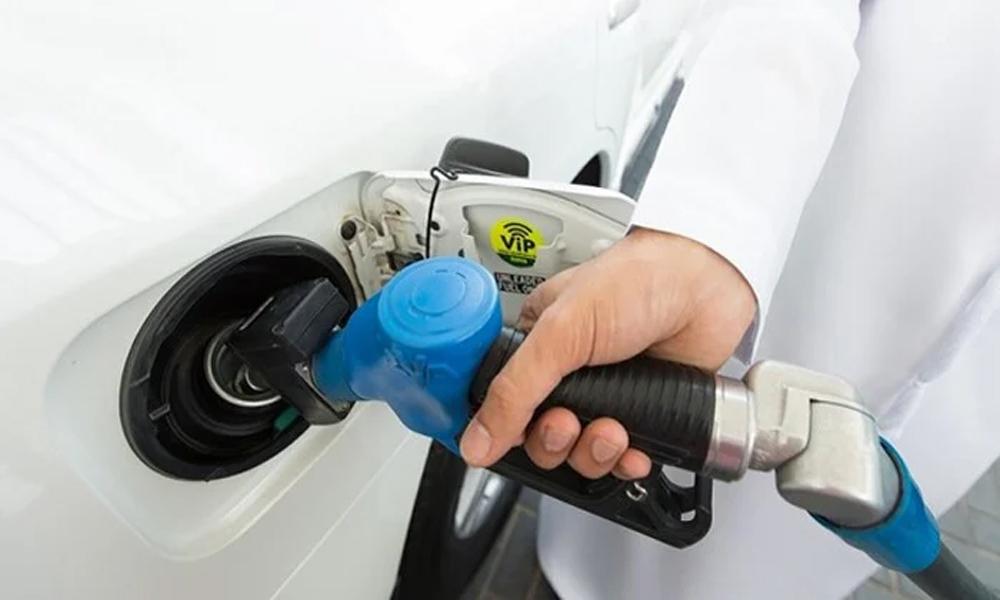
Petrol, diesel prices increase in Emirates too
- 5 hours ago

Thai court suspends PM over phone call leak
- an hour ago
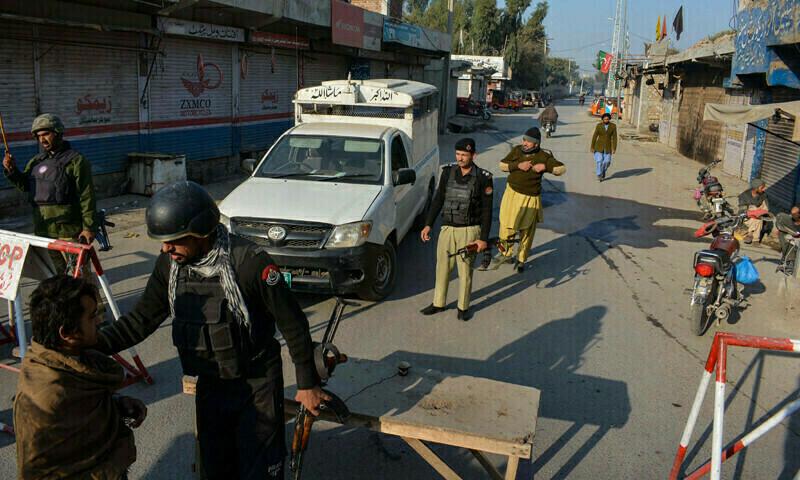
Two terrorists killed in police, CTD joint operation in Bannu
- 2 hours ago
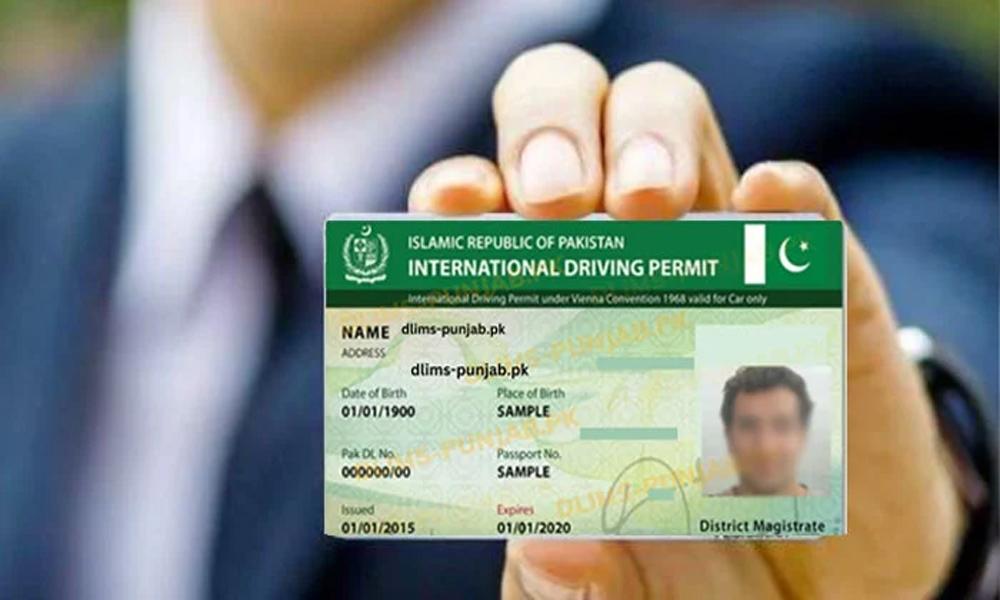
Pakistan's first int’l driving license kiosk set up at Lahore Airport
- 3 hours ago

Shadab Khan suffers shoulder injury, likely to rest for 3 months
- an hour ago

Strong earthquake tremors in Punjab including Lahore
- 3 hours ago
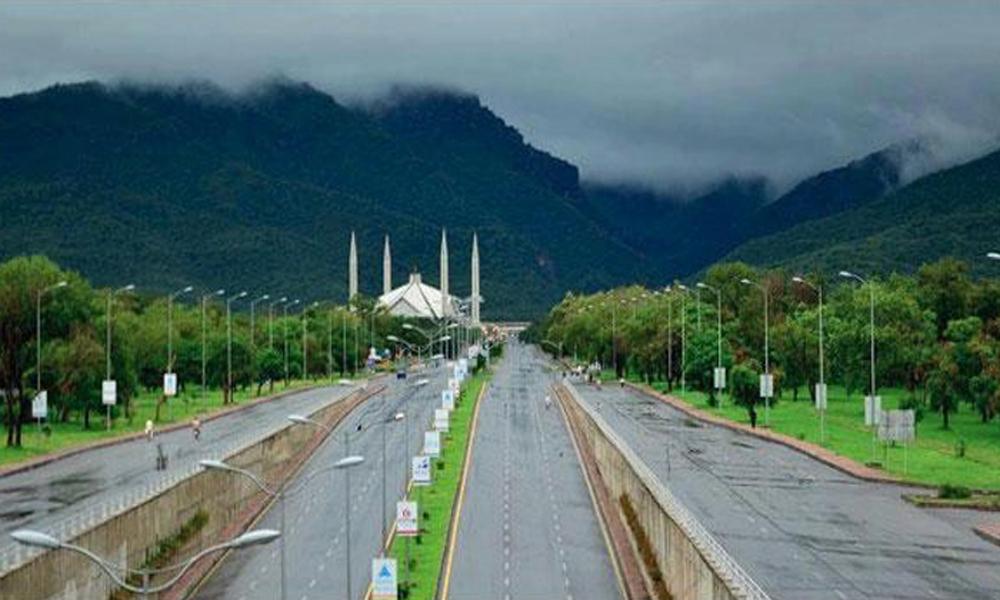
Torrential rain in Islamabad, Rawalpindi
- 6 hours ago










